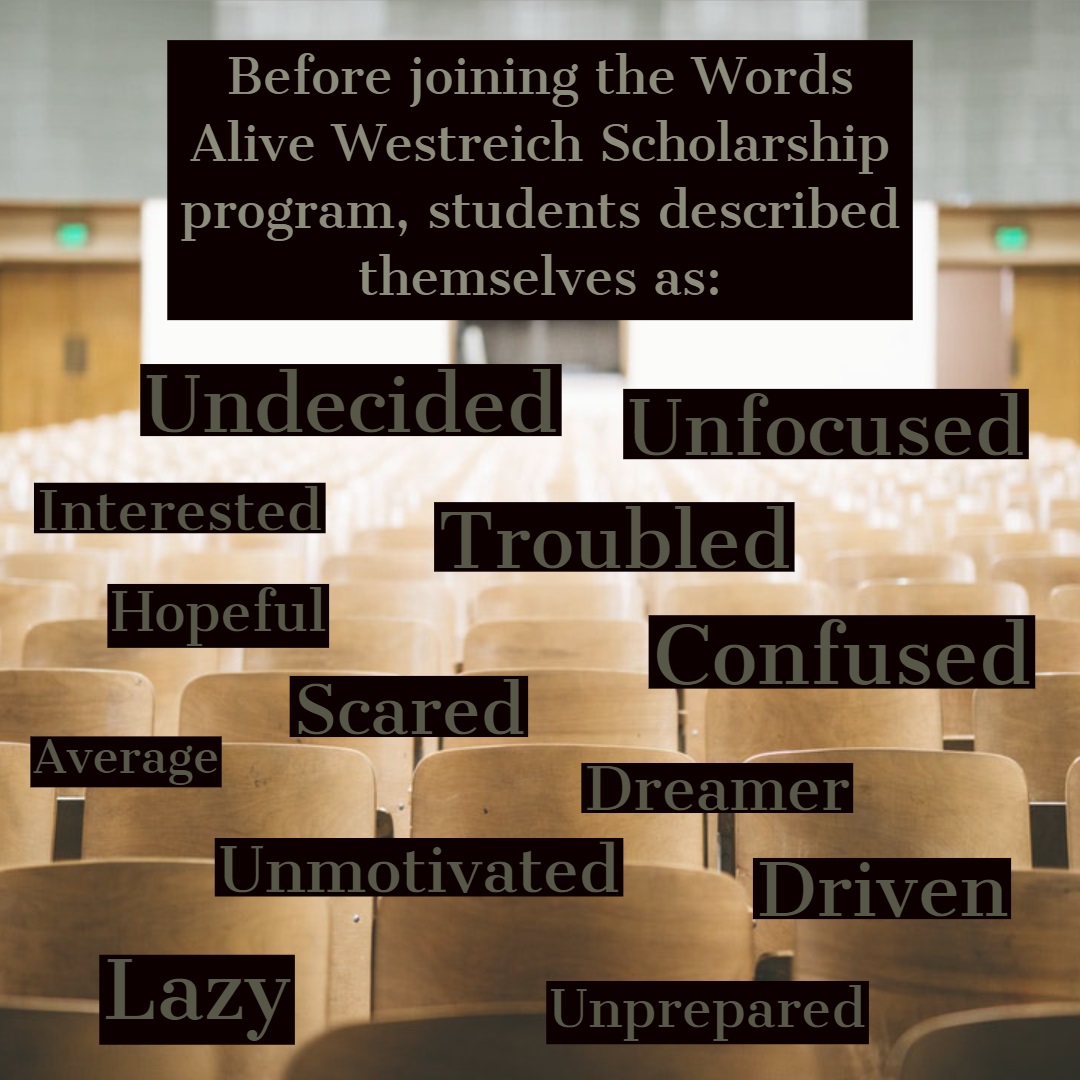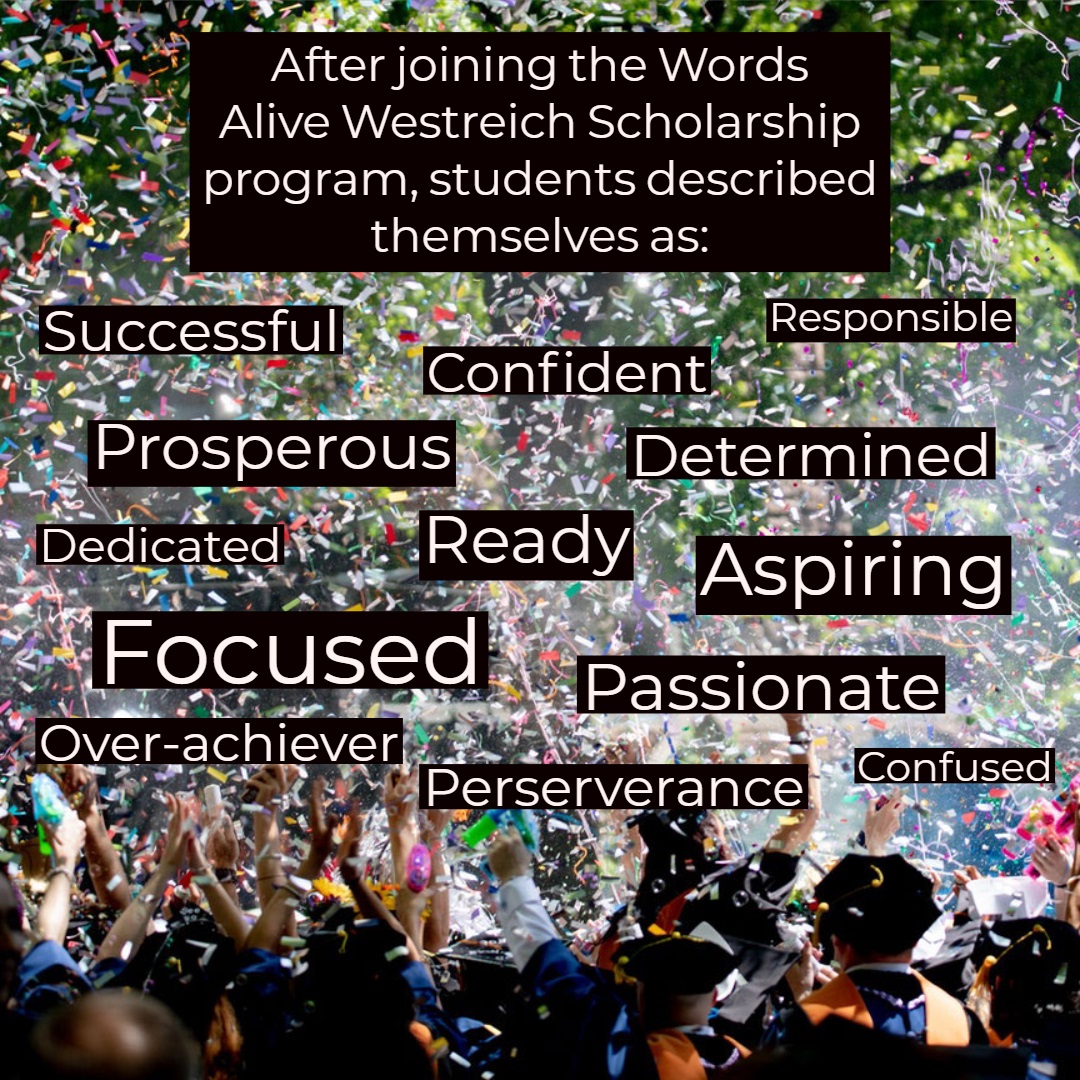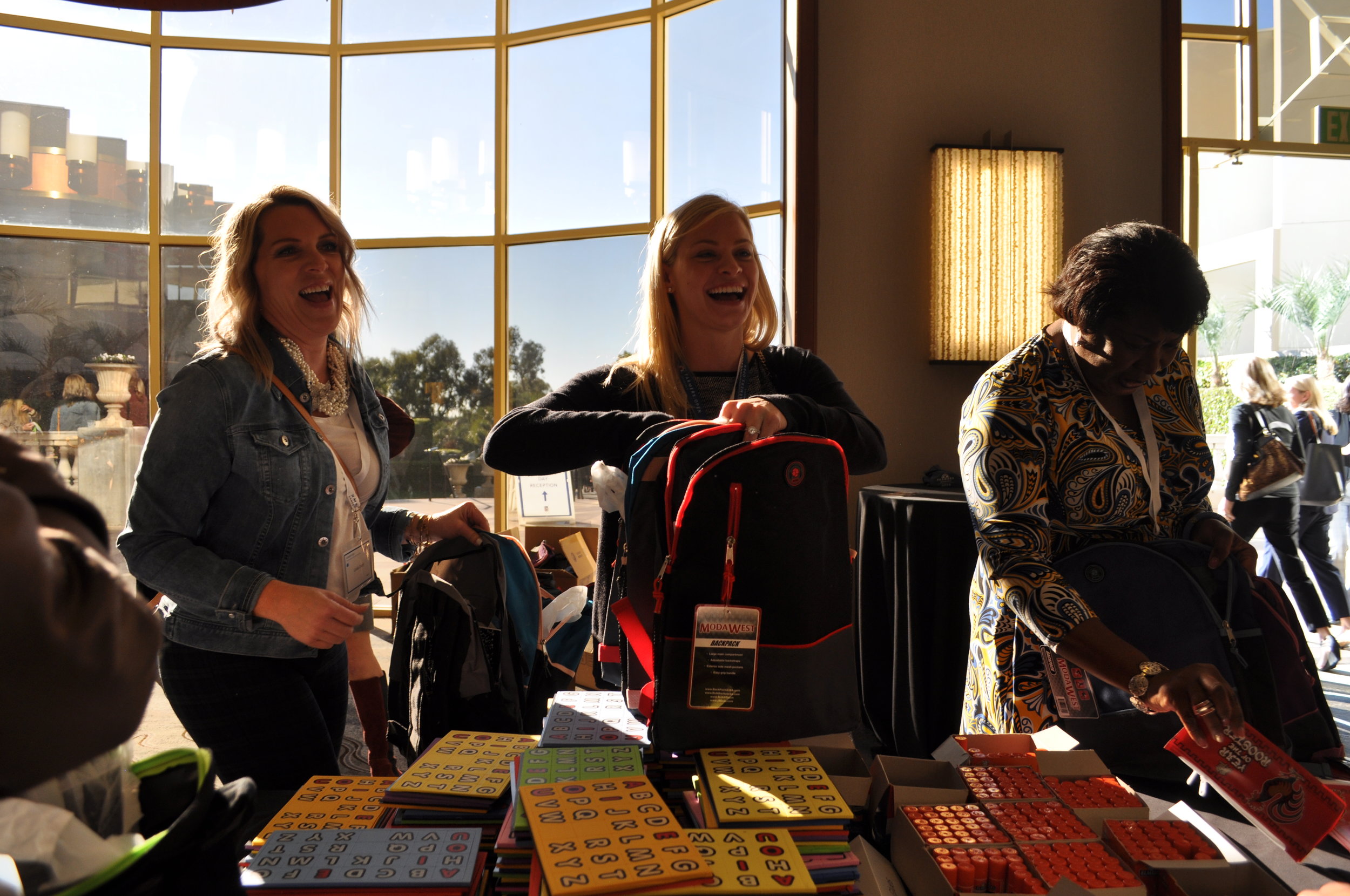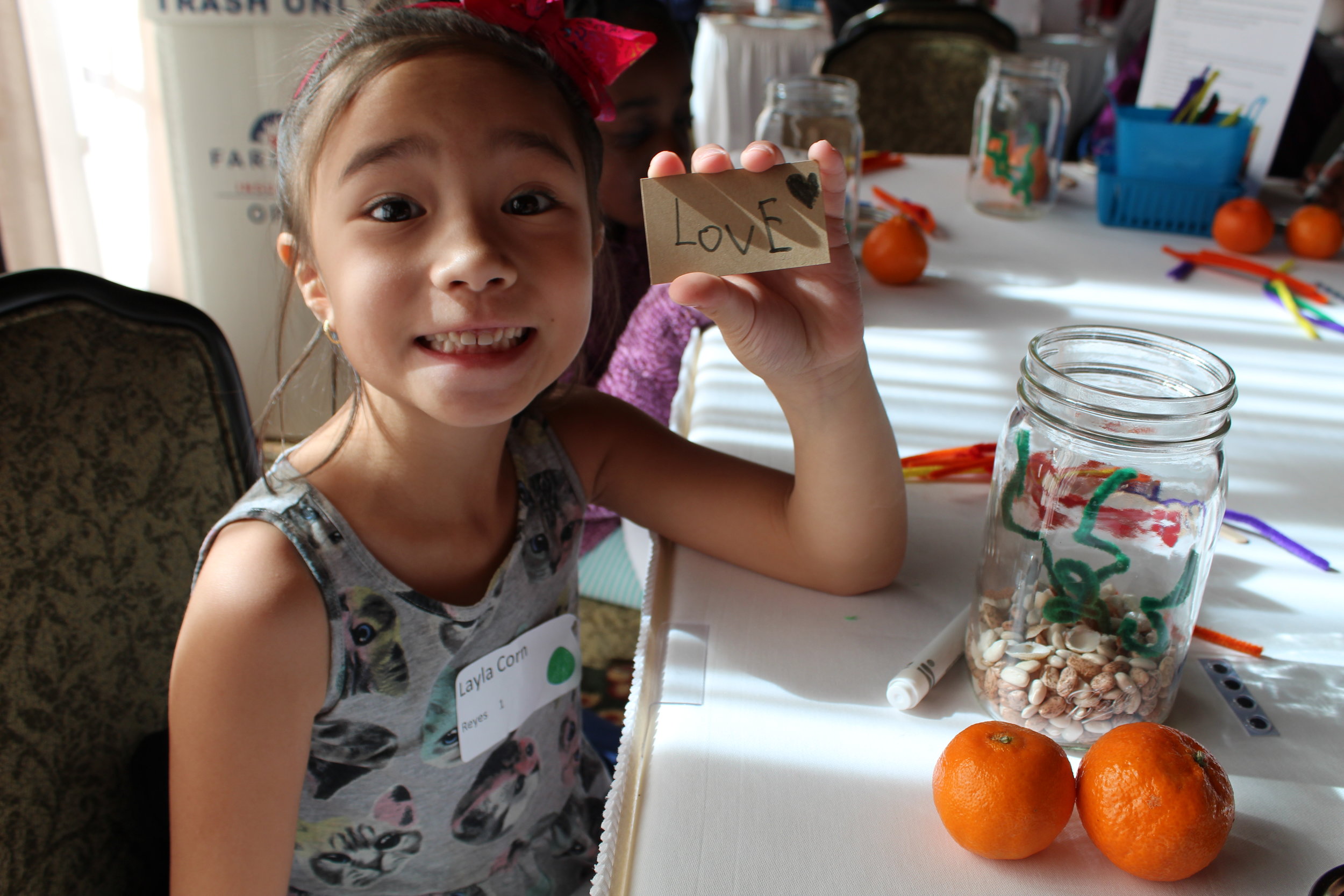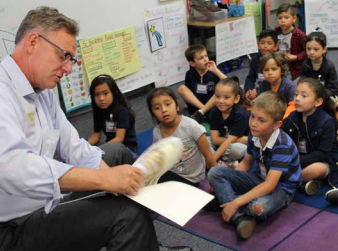By Grace Larsen, Guest Blogger
Image of a person standing in the middle of a library aisle, looking at a book that they are holding open.
College can be daunting for many students as there is a lot of pressure to be “career ready.” Words Alive previously explored what exactly that term means, and it entails having the tools to obtain a job after graduation as well as being prepared to pursue apprenticeships and on-the-job training. Of course, all that is easier said than done. In order to be career ready, one must have a clear picture of the future they want to begin with.
Therein lies the problem: for many of us, knowing what we want to do before stepping into college is far from easy. In fact, according to figures by the National Center for Education Statistics, about 80% of college students change majors at least once. Another study found that students who started out in mathematics and natural sciences are more likely than others to make a switch. Each student has their own personal reasons for changing majors, but a common denominator is that they realized a little too late that their interests lie elsewhere.
All in all, switching majors has its pros and cons. One advantage is that you’ll be more satisfied knowing that you pushed through with exploring the path you really want. Changing majors also widens your knowledge of other areas of study because of the fact that you’ve taken classes in more than one department. However, the biggest con is that your college expenses can very easily rack up. Another is that you won’t be able to graduate on time, and will be spending more time in school instead of embarking on your career.
This is why guidance counselors and teachers grill high school students about “finding their passion” so early in life: so that they can pursue their chosen fields and stick with them until graduation. Unfortunately, aiming to discover one's passion is actually the wrong mindset. To better understand why, let's take a look at a study by psychologists from Stanford University and Yale University, which points to two different theories. The “fixed theory of interests” is the idea that core interests are there from birth and are just waiting to be discovered. Meanwhile, the “growth theory” posits that interests are something that a person cultivates over time.
These psychologists explain that students with the first mindset may waste their time skipping opportunities and foregoing lessons that aren’t aligned with their previously stated passions. Also, if a person is told that their interests are ingrained, they may easily give up on learning certain topics because of the belief that these don’t align with their predetermined interests.
Therefore, high school students shouldn’t start college applications thinking about finding their passions, but rather, to develop them. With the second mindset centered on growth, one can increase their knowledge in areas outside of pre-existing interests. In contrast to those with a fixed mindset, they would then form connections among new areas and the interests they already have.
For a start, Maryville University provides some key pieces of advice on how to choose a degree program or area of study. They emphasize the importance of knowing a particular field’s median salary, projected growth, and the percentage of bachelor’s degrees awarded annually. Information like this can help you check whether you see yourself in a particular field years from now. You can then proceed to researching school options as well as other things like costs and location.
Again, it's important not to feel overly pressured to know for certain what you love and will continue to love in the future. It’s healthier to believe that passion is something that you create. This helps you tackle your chosen field with a more determined approach, and shapes how you will learn along the way. College may expose you to a number of challenges and obstacles, but a growth mindset can keep you focused on building your passion.
Learn more about our work with college students through the Words Alive Westreich Scholarship program here!









